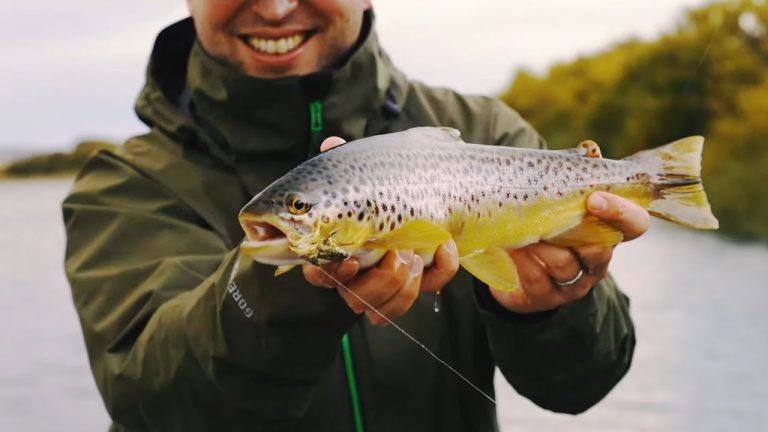 Pack stock groups must be even more conscientious than others, as animals can cause considerable impact. Keep groups small and carry light weight equipment to reduce the number of animals you’ll need. The fewer animals taken, the less mark left on the land.
Pack stock groups must be even more conscientious than others, as animals can cause considerable impact. Keep groups small and carry light weight equipment to reduce the number of animals you’ll need. The fewer animals taken, the less mark left on the land.
Select campsites that can accommodate your animals without damage to the area. There should be enough feed for your animals and wildlife: if the area is overgrazed, your stock may remove food otherwise needed by deer and elk during winter months. Water stock on a stream bank that can withstand hard use. Loose herding for water causes substantial stream bank damage. Avoid fragile lake shores and soft meadows.
Restraining packstock:
Hobbles, stakes (pickets) and hitchlines are good ways to restrain pack animals. Tying to trees can cause girdling and harm roots. In general, the less restraint, the less impact. Where allowed, let stock graze freely, using hobbles if they need to be constrained. Picket only enough stock to keep others from straying. A dominant animal such as an older mare is usually a good choice as a picket horse. Move stakes or picket pins frequently to prevent overgrazing.
If regulations require animals to be confined, use a highline or temporary corral built with rope, plastic snow fence and/or electric fence, or use a permanent corral if one is provided. Highlines need to be erected in rocky areas and on good stout trees above horse-head high. Protect bark by using wide straps or other devices such as “tree savers.” Move animals before signs of grazing are obvious. Do not build new corrals of wood, as this damages trees.
Feed:
Animal feed can cause impact too. Use processed feed or certified hay to prevent the spread of noxious weeds. Where grazing is allowed, supplemental feed can help prevent overgrazing around camp. Grazing is not allowed in some designated wilderness areas. In these places, bring enough feed for the entire trip.
Breaking camp:
Scatter manure piles when breaking camp to aid decomposition, discourage flies and be courteous to other users. Fill areas dug up by animal hooves. Remove excess hay or other feed; it will not deteriorate and leaves an unsightly mess.
Pack It In, Pack It Out
If you plan your trip carefully, you will create very little trash. Never bury trash because animals often dig it up. Collect all your trash, including cigarette butts or spent brass and shotgun shells, in a trash bag. Peanut shells, orange peels, and egg shells are also trash-they decompose slowly, create an eyesore, and attract insects or animals, which can be a nuisance or even a hazard, to you and others.



Leave a Comment